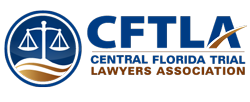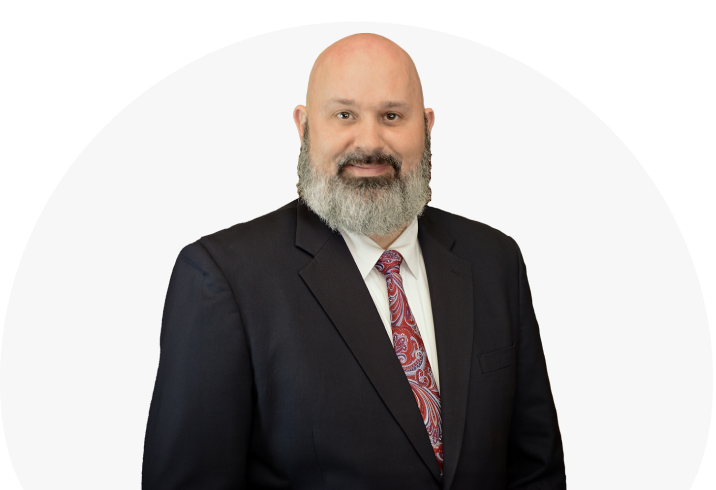What is a Personal Injury Lawsuit?
A personal injury lawsuit is a civil claim that can be brought against a person or entity who may be legally responsible for harming another party. They are the most common types of lawsuits to accompany injuries. When another person’s action or inaction results in injury, the responsible person or their insurance will pay monetary compensation for economic and noneconomic damages. The basis of a personal injury lawsuit is the severity of the injury itself. Common personal injury claims are based on the following situations:
- Automobile accidents
- Slip and fall accidents
- Poor road maintenance
- Dog bites and animal attacks
- Workplace accidents
- Construction site accidents
- Injuries due to a faulty product
- Deliberate acts such as assault and battery
How Does Medical Care Help to Establish Liability?
Legal elements that govern personal injury cases are based on the theory of negligence and include:
- The legal duty of the defendant to the injured party
- The breach of that legal duty
- How the breach of duty caused the injuries
- The damages suffered by the injured party
Establishing these four elements is crucial in injury cases to prove liability. This involves proving the relationship between the breach of duty or careless action and the injury by answering the question, “If not this, then this.” Meaning that if the action had not occurred, then the injury would not have occurred. This is best proven through medical reports.
Why Would Medical Care be Refused?
According to Florida law, any competent individual may refuse any medical treatment regardless of the medical condition. There are many reasons why this may happen, such as a lack of insurance or fear of criminal charges.
Medical attention may be refused at the scene of an accident if the victim feels they suffered minimal injury. However, a more serious internal injury, such as a concussion or internal bleeding, may not manifest itself until after the adrenaline of the accident has worn off or several days have passed.
Medical attention may also be refused due to a person’s religious beliefs that prevent them from receiving medical care.
Delaying medical care leaves the injured party at risk for:
- Treatment that is not as effective
- Potentially life-threatening complications
- A suffering body, even if symptoms never present
How Can Refusing Medical Care Affect a Claim?
Refusing medical attention could affect a claim in several ways. An insurance company is more likely to devalue a claim if no medical reports are presented. They are likely to see refusal of medical care as a reason to argue that the supposed injuries are not real or serious enough to warrant compensation.
Through Florida’s comparative negligence laws, an insurer may argue that the injured party is at least partially responsible for their injuries because they did not take appropriate action to seek medical care to mitigate existing injuries. This could reduce the injured party’s recovered compensation by the percentage of fault they are deemed responsible for.
Medical documentation is a key piece of evidence used to substantiate claims in personal injury cases. It provides a doctor’s evaluation of the injury and its mechanism.
Defenses used against an individual who refused medical treatment may include:
- The injuries are exaggerated
- The cause of the injury is not related to the accident
- The injury is a pre-existing condition
- Expenses could have been mitigated with immediate medical attention
- The injured party verbalized no injury on the scene
How is Compensation Determined in a Personal Injury Case?
Compensation can be awarded for any of the following factors:
- Pain and suffering
- Property damage
- Punitive damages
- Lost earning capacity
- Diminished quality of life
- Legal fees
- Wrongful death
- Lost wages
- Psychological trauma
- Disfigurement
- Lost income
- Loss of consortium
- Medical fees
- Disability
Determining the monetary amount that should be awarded for these damages involves several factors, such as:
- Severity and type of injury: The severity of an injury directly correlates to an increase in medical expense. For this reason, medical reports are needed to verify claims of significant injury.
- Required medical treatment: Extensive treatment, such as surgery, rehabilitation, or assistive devices, will raise the value of compensation owed during a claim and requires medical reports to substantiate the need for this treatment.
- Recovery period: While a recovery period is an unquantifiable factor, the effort needed for recovery will lead to greater compensation.
- Effect of injury on day-to-day life: Serious and life-threatening conditions that affect an individual will warrant higher compensation.
How Long Do I Have to File a Claim?
A statute of limitations is the deadline for when a court will hear a case. Florida’s imposed statute of limitations for all personal injury cases is two years from the date of the injury in most cases.
An example of a delayed statute of limitations for a personal injury case is if injuries are attributed to an accident but do not surface immediately. This is common in medical malpractice cases where the effects of the malpractice are not immediately evident. In this case, the statute of limitations can be extended up to two years from the date that the injury was discovered.
The statute can also be paused under certain conditions, including if the responsible party fled from the state or has gone into hiding. It may also be paused if the responsible party is a minor child or mentally incapacitated during the injury. In this instance, the statute will run once the mental capacity has been restored or the child is of age. However, the case must be filed within seven years from the date of the accident.
Do I Need an Attorney?
If you or a loved one has been injured but refused medical care, hope is not lost. Call The Law Office of Jerry Jenkins, P.A., at (407) 287-6757 or fill out a contact card for a free consultation.







